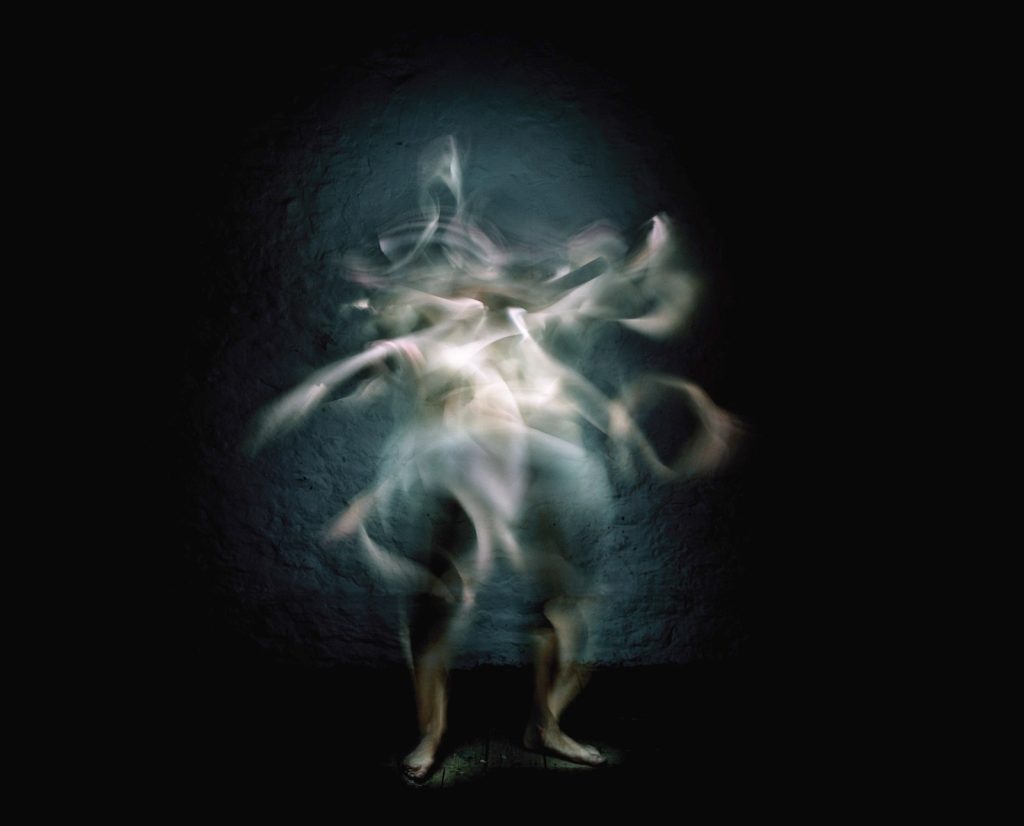For Buddhists, samsara is the continuous cycle of birth, life, death, and rebirth. We keep wandering through these states of existence, suffering all the while, because we’re compulsively attached to a mistaken view of the way things are. The best way to understand what samsara feels like might be to reflect upon our addictions. Although we typically think of drug or alcohol dependency when we discuss addiction, it’s clear that compulsive behavior can take many forms. We can be addicted to all sorts of activities: eating, shopping, cultivating thought patterns, or even going to the gym, so that we turn ordinarily healthy habits into self-destructive obsessions. Enlightenment, then, can be thought of as breaking the vicious samsaric circle of our repetitive behavior. Of course, this is easier said than done. There are a variety of approaches to grappling with addiction. To supplement our interview with Zen teacher Robert Chodo Campbell, we have provided a suite of online offerings featuring teachings on addiction from a Buddhist perspective.
Teachings on Addiction at Tricycle.com:
- Tricycle Teachings: Addiction, a downloadable e-book featuring teachings by Noah Levine, Mark Epstein, and Tsultrim Allione (free to Supporting and Sustaining Members). Download here.
- “Making Friends with Your Demons and Hungry Ghosts: Buddhist Tools for Recovery,” a month-long August retreat led by Josh Korda. Join the retreat here.
- A video teaching by the Theravada monk Venerable Metteyya. Watch the video here.
- An interview with Diana Alstad and Joel Kramer, authors of The Guru Papers (coming soon).
Thank you for subscribing to Tricycle! As a nonprofit, we depend on readers like you to keep Buddhist teachings and practices widely available.
